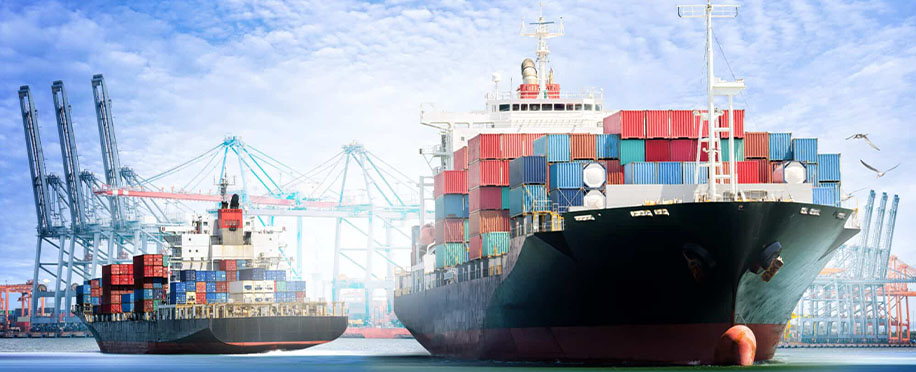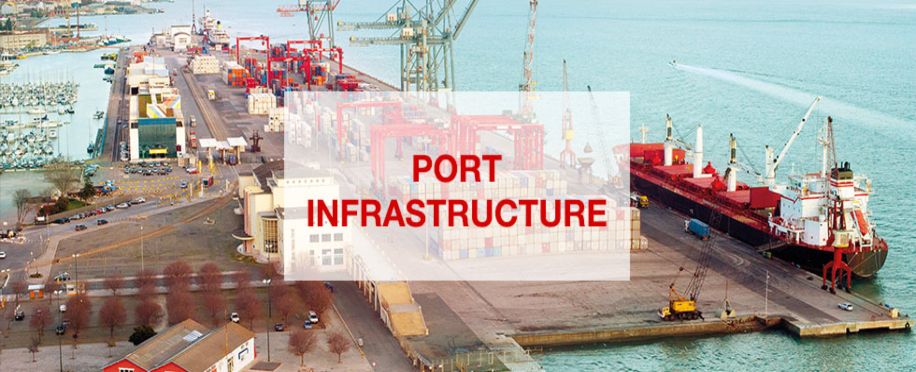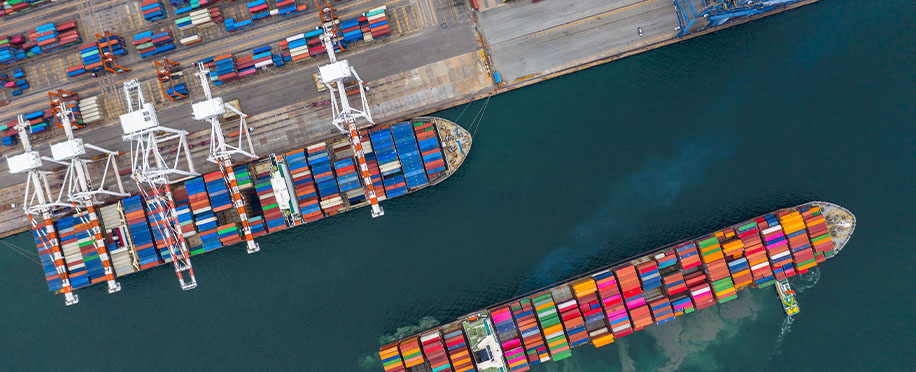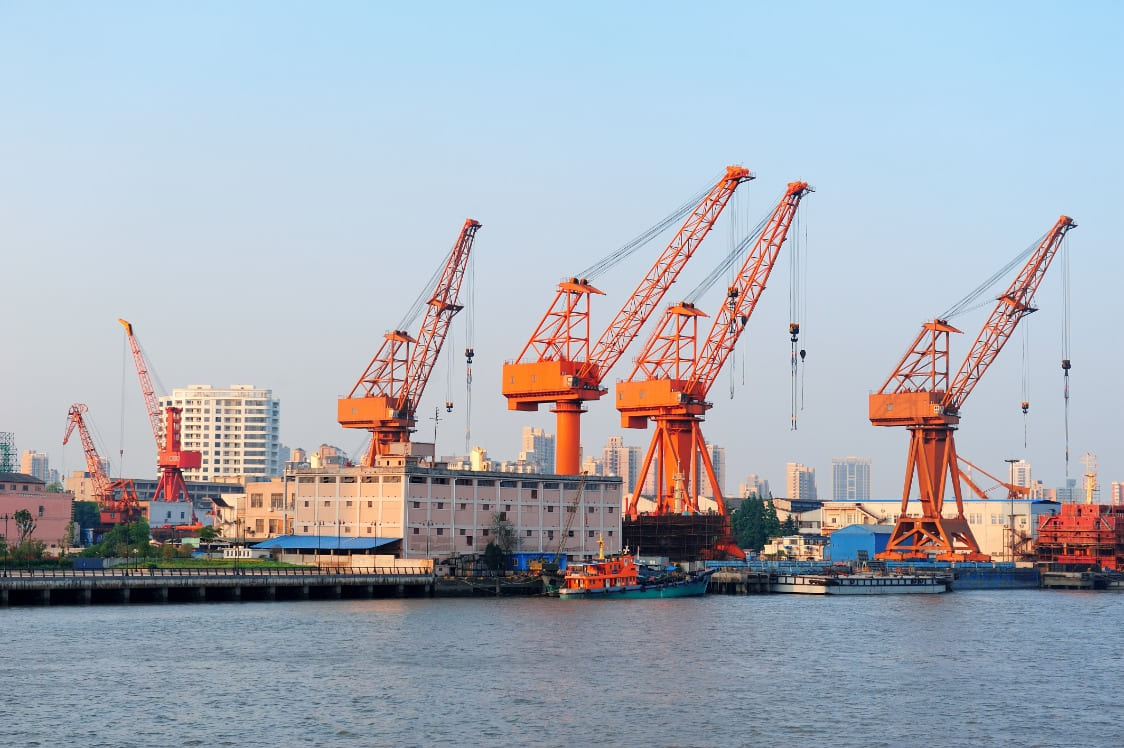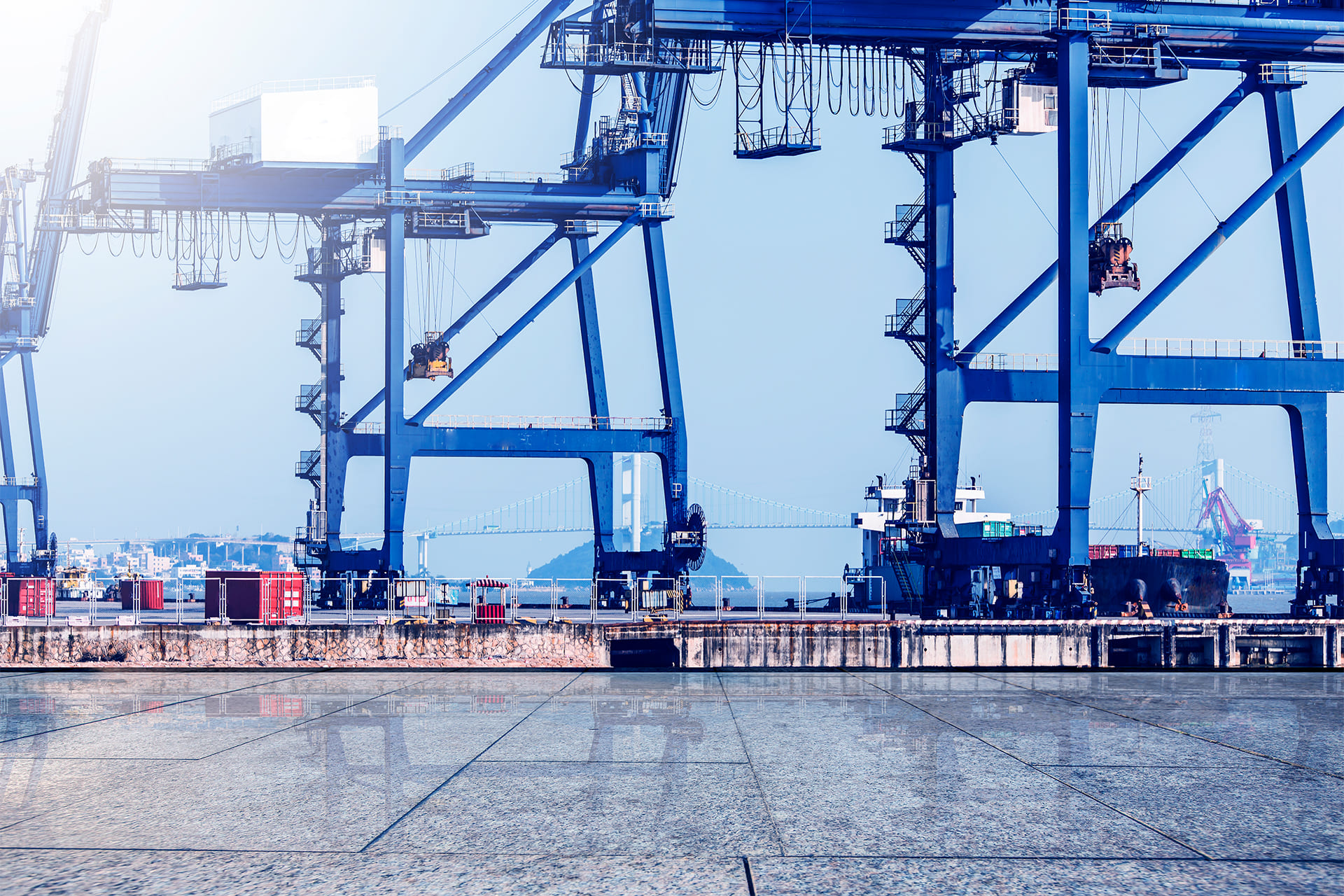Terminal Management Strategies: Enhancing Operational Productivity in the Maritime Industry
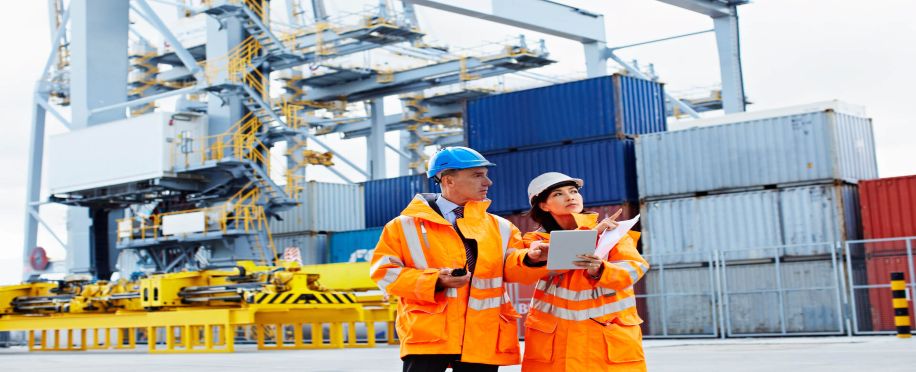
Posted on Jul 24, 2023 at 10:07 PM
Marine terminals are essential players in the maritime industry and TMS; thus, terminal management service is vital for national and international ports.
Terminal management operations are vital functions that provide crucial services and solutions for any company that will access the port and use its updated requirements and tools.
This article will identify terminal management, discuss marine terminal types, and list the basic aquatic terminal activities. Moreover, share with you the success strategies in terminal management.
What is Marine Terminal Management?
Seaport terminal management is the process that manages all the administration and coordination operations, activities, and solutions within ports.
The terminal management operations facilitate and manage all the ongoing and outgoing transportation within the port, whether we are talking about liquid, products, or devices.
A port could contain one or many terminals based on the harbour's size and types of core activities and the entire number of operators, clients, and managers.
Technology is transforming maritime logistics with TMS software and automated solutions driving better safety procedures, improved payments, and supporting engineering experience.
Types of Marine Terminals:
There are many types of marine terminals based on the ongoing operations and the kind of business services they manage:
-
Container Terminals:
With container cranes, extensive container yards, container handling equipment, and service providers with high skills, these terminals will manage and monitor the loading, unloading and storage of shipping containers from any vessel.
-
Bulk Terminals:
Specialised in bulk cargo handling and have the required smart storage, loading, and unloading facilities.
These terminals deal with cargo like coal, grains, ores, liquids, and minerals based on a standardised processing application.
-
Roll-on / Roll-off Terminals:
Designed for vehicles and heavy machines shipping with ramps or elevated decks to drive them on and off vessels quickly.
These terminals support businesses with complex movement and download fields with flexible managing solutions.
-
Cruise Terminals:
With complete services that manage cruise travellers' embarkation, disembarkation, and transit.
Moreover, these terminals must include immigration institutions, banks, passenger lounges, and retail spaces that suit worldwide customers' needs.
-
LNG (Liquefied Natural Gas) Terminals:
LNG terminals have advanced infrastructure to import, export, and store liquefied natural gas. Furthermore, this terminal manager must follow restrictive safety standards to avoid control problems and secure involved workers.
Main Marine Terminal Activities:
Based on the pre-listed marine terminal type, we can say that the primary terminal operations and activities are:
-
Cargo loading and unloading.
-
Passengers embarking and disembarking.
-
Facilitating ships' arrival and departure from port.
-
Temporary cargo storage and staging till shipping.
Effective Strategies in Maritime Terminal Management:
Now, we are going to allow you to configure the best terminal management strategies to help you as a manager:

-
Automation and Technology Implementation:
Including the developed TMS, cloud software, and real-time monitoring platform technology will help you to manage all operations effectively.
Moreover, ensure avoid any problems or safety issues, and increase the efficiency of your operations with stable costs.
-
Regular Equipment and Asset Maintenance:
Effective maintenance and management strategy will reduce estimated costs and time waste as every piece of equipment and tool will be ready and in the best condition.
The terminal manager must schedule regular check-ups and assessment practices for all port locations.
-
Workforce Training and Development:
Ports and terminal training Management courses are essential to implement an effective terminal management strategy.
Because well-trained employees will turn each of your maritime operating processes into an efficient and fleet one.
-
Prioritise Security Measures:
This is a critical marine terminal management point, as following international safety regulations will protect people, cargo, and ships.
Moreover, using the latest TMS, software, and cyber security protocols will protect terminals from any threats.
-
Performance Monitoring and Improvement:
It is essential as a manager always to check KPIs that port terminals should closely track and collect data to determine any weak points that need improvement.
Constant development boosts your terminal operations' efficiency and quality.
To Sum Up,
Maritime terminal management is the best solution to run effective operations within a port.
However, to get the best outcome of that solution, you need to update port infrastructure, improve systems, and develop your staff.
